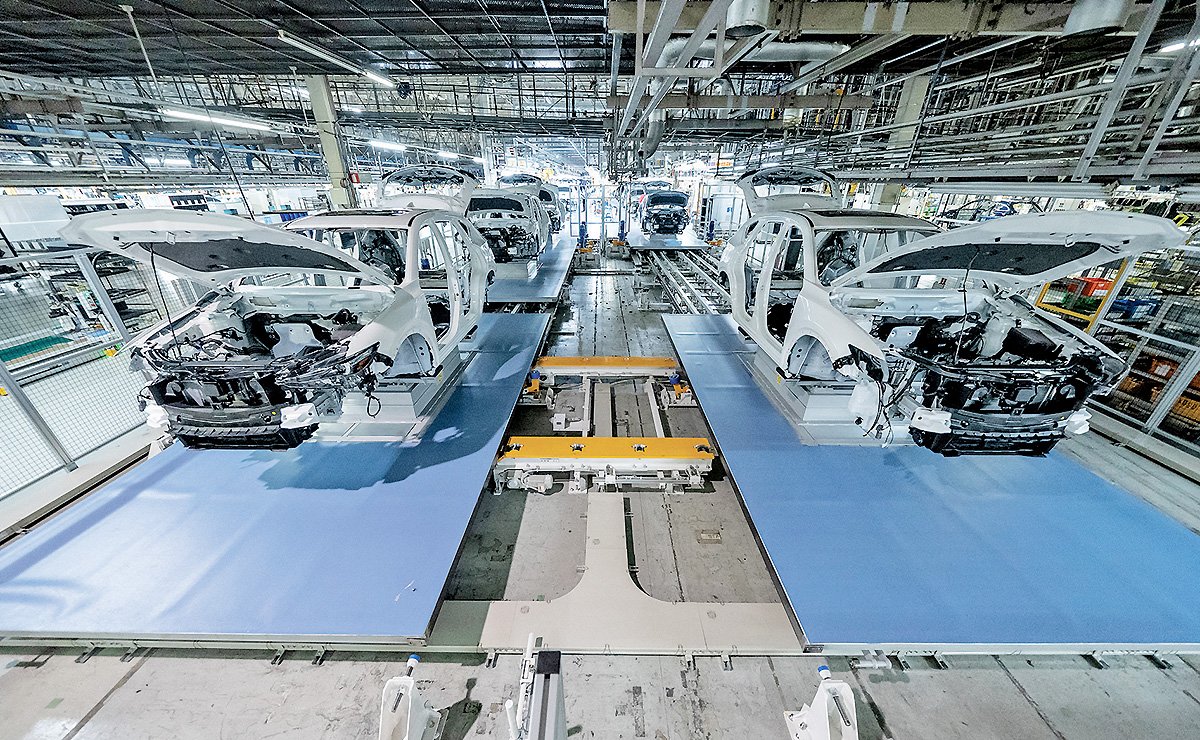Volkswagen has entered into three new partnerships identified with electric vehicle batteries, as the German automaker hopes to change its whole portfolio of cars, trucks and SUVs to zero-emission vehicles by 2040.
The three separate partnerships, which were all declared Wednesday, are with materials technology group Umicore, battery expert 24M Technologies and Vulcan Energy Resources, an organization that is intending to open a lithium brackish brine project in Germany.
Volkswagen’s joint endeavor with Umicore will supply the automaker’s European battery cell factories with cathode materials, a key building block of lithium-ion batteries. The JV will have an initial production capacity of 20 gigawatt-hours, fully intent on scaling to up to 160 gigawatt-hours by 2030. The materials will take care of VW’s planned Gigafactory in Salzgitter, Germany.
Also, Volkswagen said it was investing into battery startup 24M, which is developing a battery that has a semi-solid electrode. The MIT turn out says its manufacturing process is faster and less capital-intensive than conventional lithium-ion batteries. VW didn’t unveil the size of its investment.
The last partnership with Vulcan incorporates an official agreement for what the organizations depict as “carbon neutral” lithium obtained from Germany. The organizations say it can have carbon neutral lithium in light of the fact that the brine extraction process it is utilizing is more environmentally friendly than traditional brine extraction and it will be processed in a plant powered by renewable energy.
Vulcan will supply the automaker with lithium hydroxide for five years from 2026.
Every one of the three agreements are part of Volkswagen’s plan to invest €30 billion ($34 billion) in electric vehicles. In Europe alone, VW said it would build six battery gigafactories before the decade’s over, with a production capacity of 240 gigawatt-hours overall.
Volkswagen isn’t the main significant automaker moving quickly to get the battery supply chain. Earlier this month, General Motors declared a comparative JV with South Korea’s POSCO Chemical to construct a new cathode materials office in North America by 2024. In the interim, Stellantis protected its own lithium intake agreement with Vulcan last month.
The slew of deals is remarkable not only on the grounds that it denotes an increase in automakers’ plans to electrify, but since such deals could assist with reshaping the global battery supply chain away from China. Right now, most of battery cathodes and anodes are produced in that nation, as indicated by Benchmark Mineral Intelligence. Around 75%, or 148 of 200, planned lithium-ion megafactories are additionally due to be situated in China.
Disclaimer: The views, suggestions, and opinions expressed here are the sole responsibility of the experts. No Chicago Headlines journalist was involved in the writing and production of this article.





